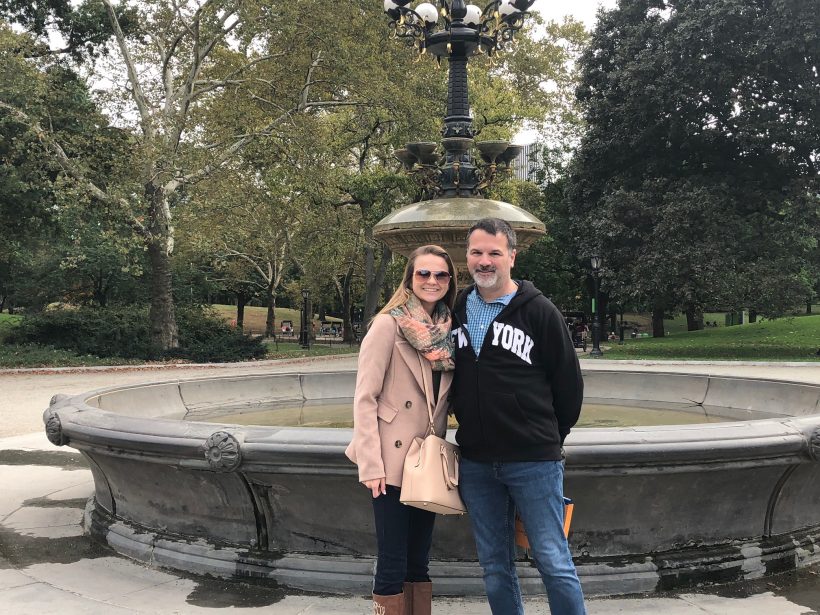Skull Base Surgery
About
The skull base contains bones and cartilage that support the brain and form the eye
sockets, nose cavity, parts of the sinus, and inner ear. This complex area is where
the brain, spinal cord, nerves, and blood vessels converge, making skull base surgery
very delicate. Skull base tumors and diseases can affect the brain, vision, hearing,
strength, balance, sensation, and coordination if not properly treated.
Augusta University’s Skull Base Surgery Center
We provides comprehensive treatment of benign and malignant tumors of the skull base
with a focus on patient safety and minimally invasive approaches. We treat adult and
pediatric patients from across the Southeast with state of the art, multidisciplinary
treatment options tailored for each person’s needs.
Why Choose Us
We have the only integrated, multidisciplinary program serving the Augusta, Georgia
and the surrounding area with decades of experience and cutting-edge treatments. We
offer:
- Advanced procedures: We are experts in minimally invasive endoscopic skull base surgery, a technology that
has revolutionized the management of many types of skull base tumors allowing surgeons
to remove tumors that were once inoperable.
- Multidisciplinary team: Our team includes fellowship trained skull base surgeons in the fields of otolaryngology, neurosurgery, ophthalmology, and oncology to deliver care for skull base tumors and disorders.
- Specialized surgeries: Every patient is unique. We customize care with surgeons who are specially trained
in performing procedures to treat each patient’s specific need.
Skull based surgery teams
Our trained surgeons have gone through additional fellowship training in minimally
invasive specialized surgeries, including:
- Anterior (Endoscopic) Skull Base Surgery: The otolaryngologist and neurosurgeon work together through an endoscopic approach
via the nostrils to access the base of the skull through the sinuses. Our anterior
skull base team includes Drs. Byrd, Kountakis, Li, Rahimi, Reyes, and Vender.
- Lateral Skull Base Surgery: For tumors that involve the bone around the ear or inner ear, the otolaryngologist
carefully removes the bone around the inner ear structures to provide access to the
brainstem. The lateral skull base team includes Drs. Seyyedi, Rahimi, and Vender.
- Open Neurosurgery: Drs. Rahimi and Vender specialize in tumor surgery through the skull that can be
used in addition to minimally invasive approaches.
- Head and Neck Cancer Surgery: Augusta University Health partners with the Georgia Cancer Center (GCC) to treat cancers of the head and neck. Drs. Byrd, Albergotti, and Groves are head and neck surgeons who present every new
cancer patient case to a Multidisciplinary Tumor Board to ensure that they get the
best most evidence-based treatment.
- Neuro-ophthalmology: Dr. Dilip Thomas is an ophthalmologist who specializes in oculoplastic surgery and
handles cases that are close to the eye or involve vision loss.
Conditions We Treat
We treat patients with many different diseases and disorders affecting the skull base,
including:
- Abnormal growths of the base of the skull
- Disorders of the pituitary gland, including pituitary adenomas and Rathke’s cleft
cysts
- Brain tumors
- Cerebrospinal fluid leaks
- Cancers of the sinuses, ear and base of skull
- Hemifacial spasm
- Pain disorders, such as trigeminal neuralgia
- Sinus tumors
- Tumors of nerves including schwannomas and neurofibromas
Surgical Procedures
Augusta University’s Skull Base Surgery Team offers a range of surgical options, including:
- Minimally invasive surgery (endoscopic): We are the area leaders in endoscopic endonasal surgeries
- Traditional open surgery: Open skull base surgeries for patients who are not candidates for minimally invasive
options
- Radiosurgery: This noninvasive gamma knife procedure focuses radiation on head and neck cancers and brain tumors.


